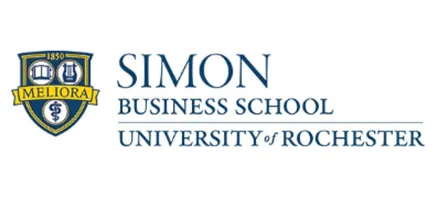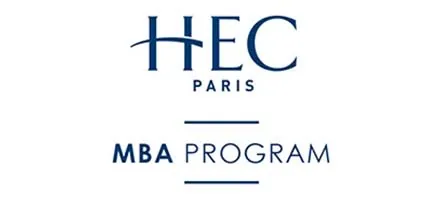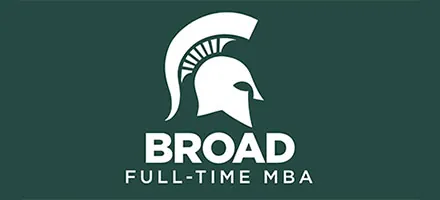How do you determine the best B-school for starting up a business? There are plenty of rankings that promise to parse arcane data points to reveal the true hierarchy of entrepreneurial education. But none focus solely on results—the number of successful startups a school produces and how much capital its budding businesses have collectively raised.
Poets&Quants crunched the numbers to produce the first results-based ranking. The survey is based primarily on the total number of startups a school produced that landed on our top 100 listing. These are exceptional companies: To make the cut, a startup had to attract at least $1.6 million in investment. (Most startups get by on bootstrapping and funding from friends and family.) Investment served as the second metric–Poets&Quants‘ sub-ranked the schools according to the cumulative amount of funding their listed startups received.
Harvard Business School, with 34 startups, and Stanford’s Graduate School of Business, with 32 startups, blew away the competition, proving that the student and alumni networks of those schools are a potent force to fuel and sustain new ideas. The two MBA heavyweights accounted for more than half of the total number of startups on our top 100 list.
MIT’s Sloan School of Management came in a distant third with 11 new enterprises. The B-schools at U Penn, Chicago, and Columbia trailed behind with three startups each. (We did not adjust the numbers to account for class size.)
The results weren’t entirely surprising from the standpoint of traditional B-school rankings—Harvard and Stanford frequently rotate in and out of the top spots. However, these results represent a sharp division from conventional entrepreneurship rankings that have been severely flawed. And they show the profound importance of alumni networks in funding new companies.
For years, the Princeton Review and U.S. News & World Report have published their own orderings of the best graduate programs in entrepreneurship. Interestingly, the B-schools at MIT, UC-Berkeley, Northwestern, and Wharton are conspicuously absent from Princeton’s listing because they decline to cooperate with a ranking school officials say has little credibility. In fact, 2013 marks the first year that Harvard and Stanford participated. Top schools also question the publication’s “black box” methodology, which relies on surveys sent to school administrators and some 30 vague data points.
U.S. News & World Report adopts a more open approach—the publication surveys deans and MBA directors for their opinions on top programs. However, critics contend that the process invites bias, allowing schools’ past reputations to boost or hinder their numbers. Besides, most deans have little to no knowledge of how entrepreneurship is taught at other business schools.
Michigan’s Ross topped Princeton’s listing, while Babson’s Olin nabbed the No. 1 spot in the U.S. News ranking. Both schools made the cut for Poets&Quants‘ top 20, coming in at No. 13 and No. 12, respectively. Harvard, Poets&Quants‘ top startup school, came in third in Princeton’s assessment and fourth in U.S. News’ report. Stanford’s status was a bit more stable across rankings—it scored the No. 2 spot on both Poets&Quants‘ and U.S. News’ ranking. The more unpredictable Princeton assessment put the school at No. 6.











